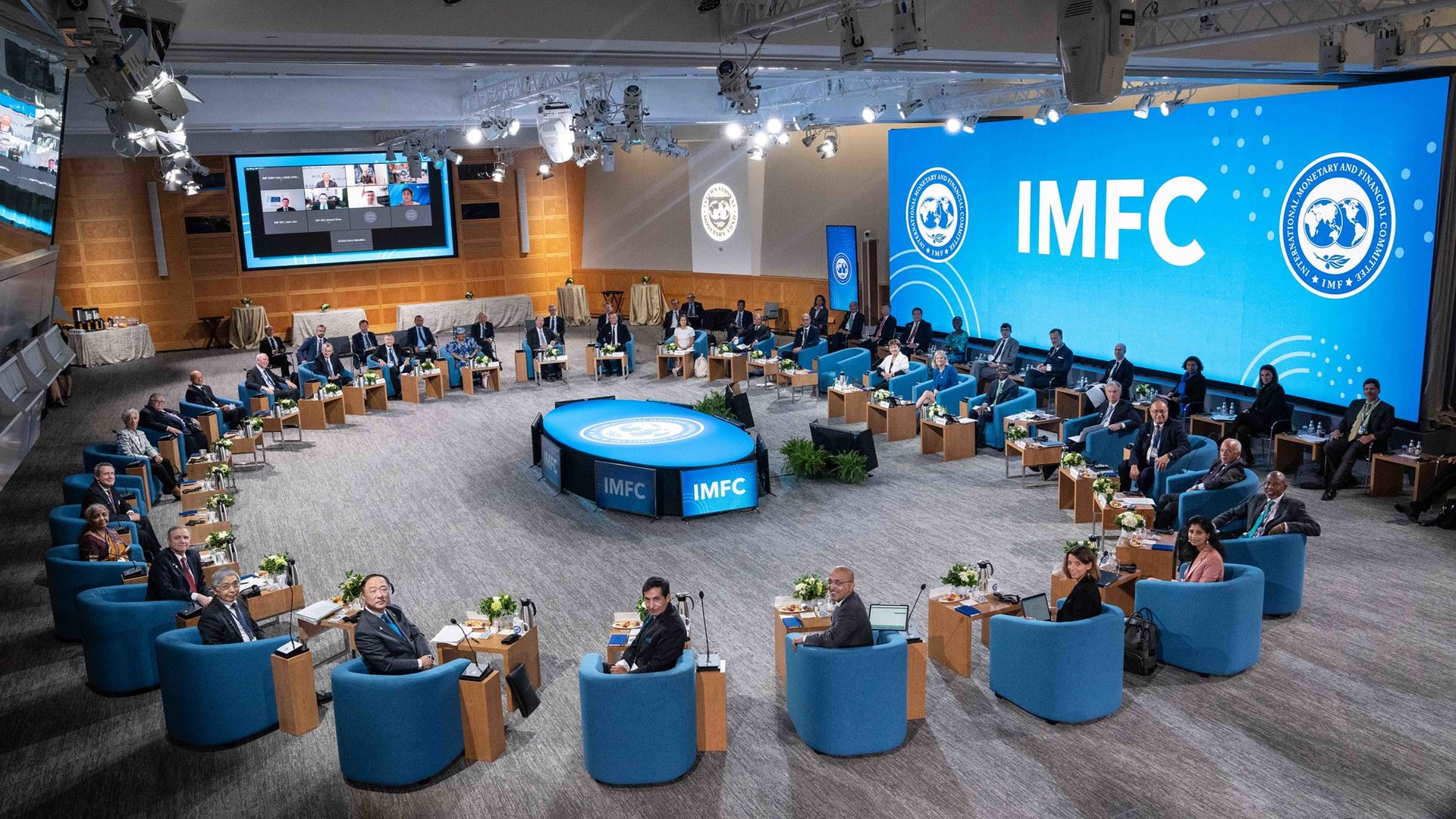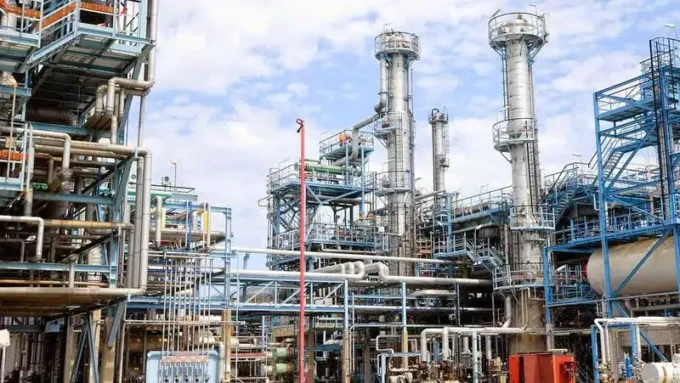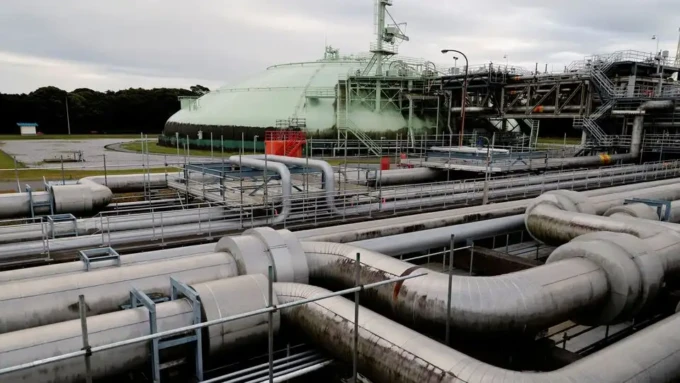In 2025, the global economic landscape has been significantly influenced by escalating trade tensions and policy shifts, leading nations to brace for potential market instabilities. The United States, under President Donald Trump’s administration, has implemented a series of tariffs, including a 10% baseline tariff on most imports and additional “reciprocal tariffs” targeting major trading partners. These measures have prompted retaliatory actions from countries like China, exacerbating global trade uncertainties.
The International Monetary Fund (IMF) has responded to these developments by revising its global growth projections downward. The IMF now anticipates a global growth rate of 2.8% for 2025, a reduction of 0.5 percentage points from previous forecasts. This adjustment reflects the adverse effects of heightened trade tensions and the implementation of high-level tariffs by the U.S. The IMF also highlights the potential for increased financial market volatility and tighter financial conditions as a result of these policy shifts.
Major economies have been particularly affected. The U.S. economy is now projected to grow by 1.8% in 2025, a full percentage point drop from earlier estimates. China’s growth forecast has been revised down to 4% for both 2025 and 2026, primarily due to its export dependence and the impact of U.S. tariffs. The Euro Area is also expected to experience a slowdown, with Germany facing particular challenges, although Spain remains a positive outlier.
Financial markets have responded to these developments with increased volatility. Major Wall Street banks have downgraded their forecasts for the S&P 500 index, citing concerns over the impact of U.S. trade policies. The S&P 500 has declined over 7% since the announcement of new tariffs, reflecting investor apprehension about the economic implications of escalating trade disputes.
Investment banking activities have also been affected. Morgan Stanley analysts have revised their outlook for a rebound in investment banking, citing ongoing market volatility and economic uncertainty driven by fluctuating tariff discussions. Initially optimistic about a prosperous year in capital markets, the firm now predicts subdued capital market activity in the first half of 2025, with a potential uptick in the third quarter, assuming market volatility decreases and tariff issues become clearer.
In response to these challenges, nations are reevaluating their economic strategies. The IMF emphasizes the need for structural reforms to address the sluggish global growth and to mitigate the risks associated with escalating trade tensions. The organization warns that without such reforms, medium-term global growth is expected to remain below historical norms.
Overall, the global economic outlook for 2025 is marked by heightened uncertainty and potential market instabilities. Nations worldwide are closely monitoring the evolving trade dynamics and are preparing to implement policy measures aimed at stabilizing their economies in the face of these challenges.









Is it just me or are these economic forecasts like trying to predict the weather? Can we really prepare for market instabilities?
Is it just me or are economic forecasts like weather predictions – always changing and never quite accurate?
Are we overreacting to potential market instabilities or should we be more prepared? Lets discuss! 🤔💸
I wonder if these forecasts are accurate or just creating unnecessary panic. Time will tell, but staying informed is key.
I think market instabilities can lead to new opportunities if we stay alert and adaptable. Lets see where this rollercoaster ride takes us!